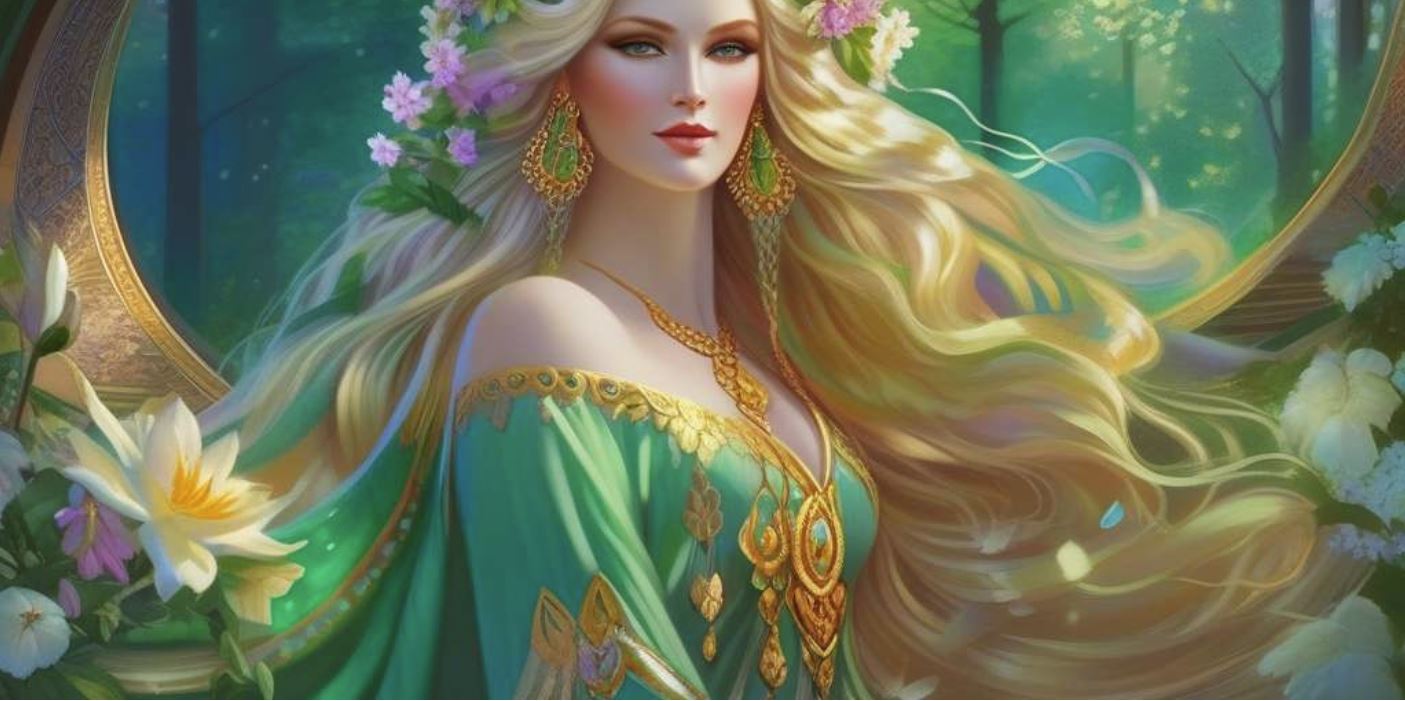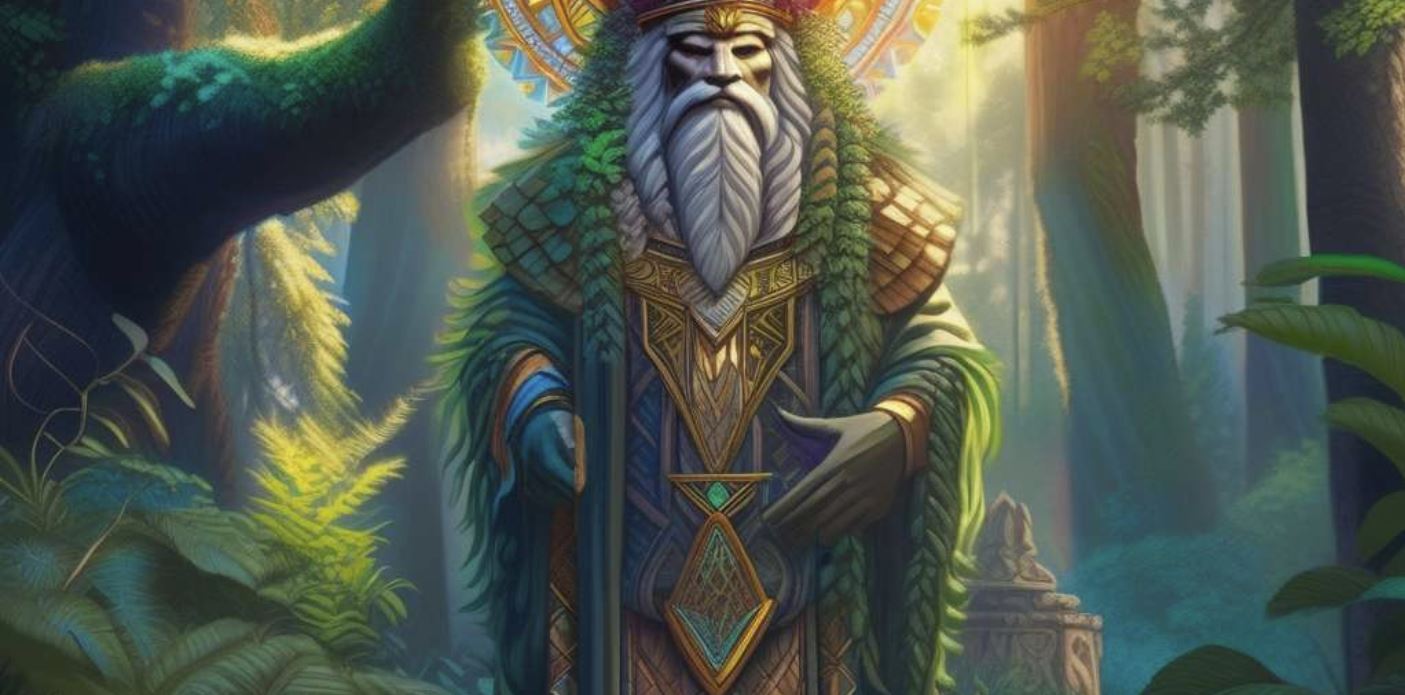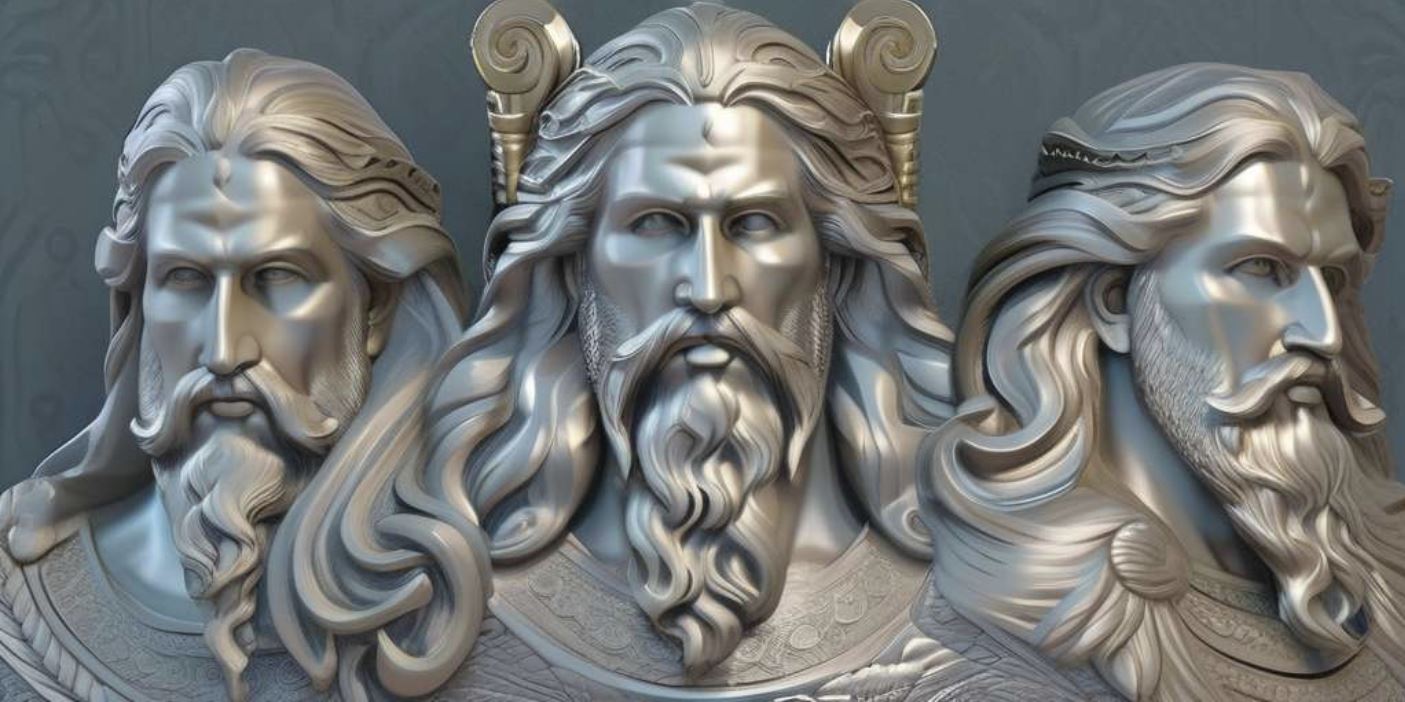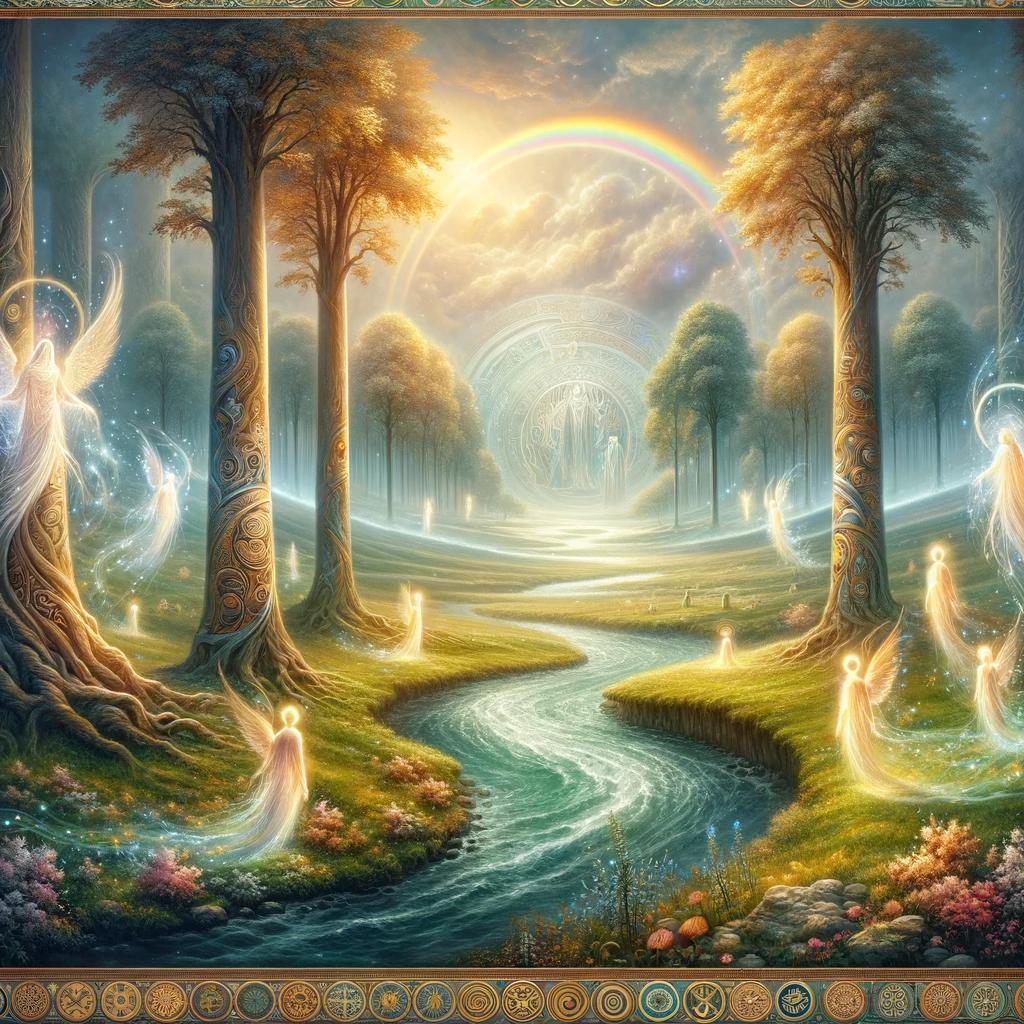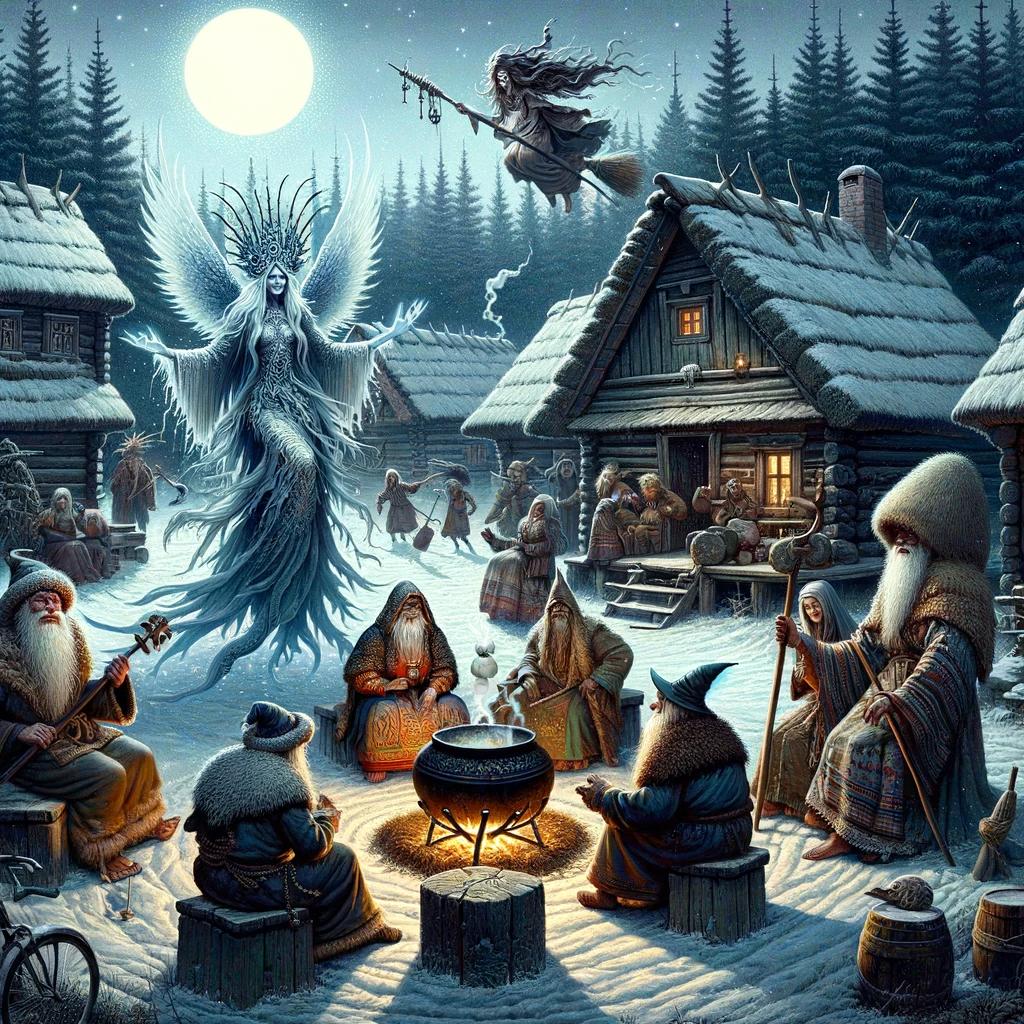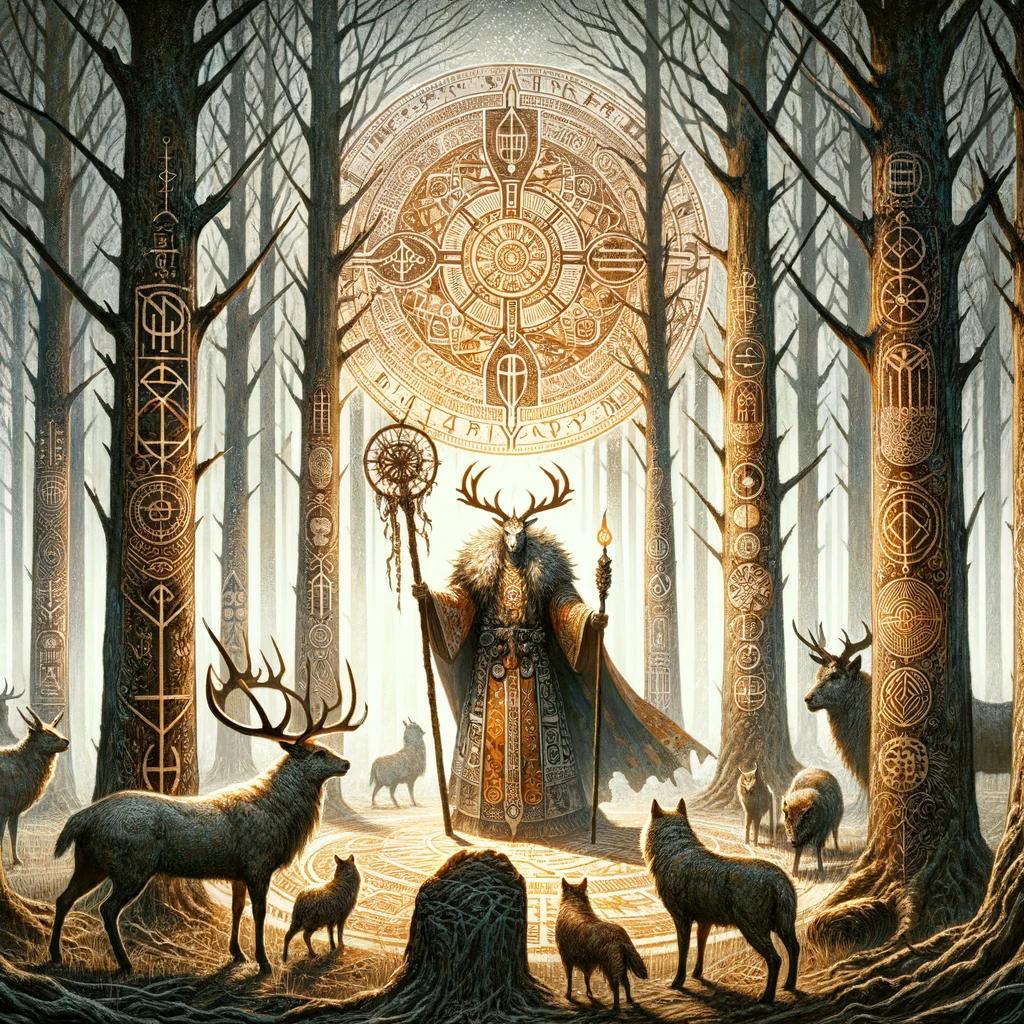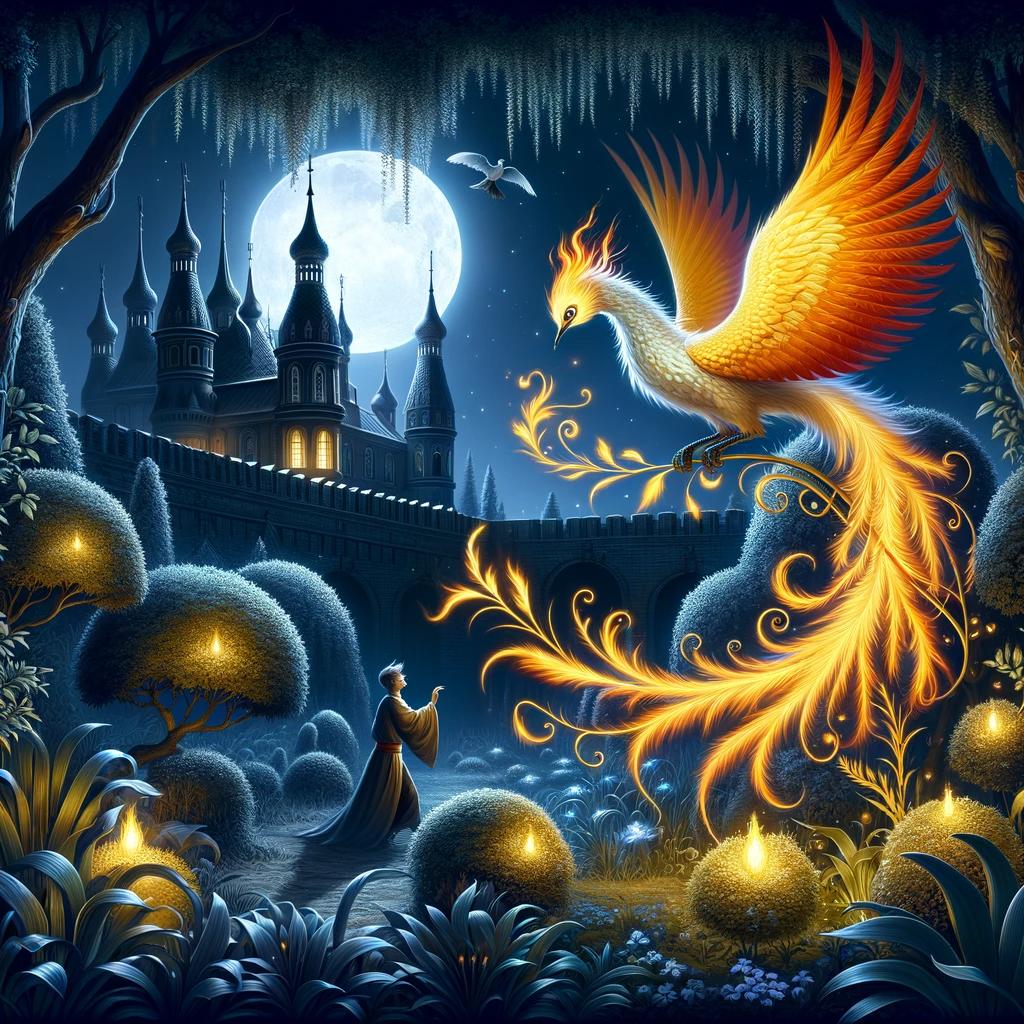Zhiva Goddess: Unveiling the Enchanting Power of the Slavic Deity
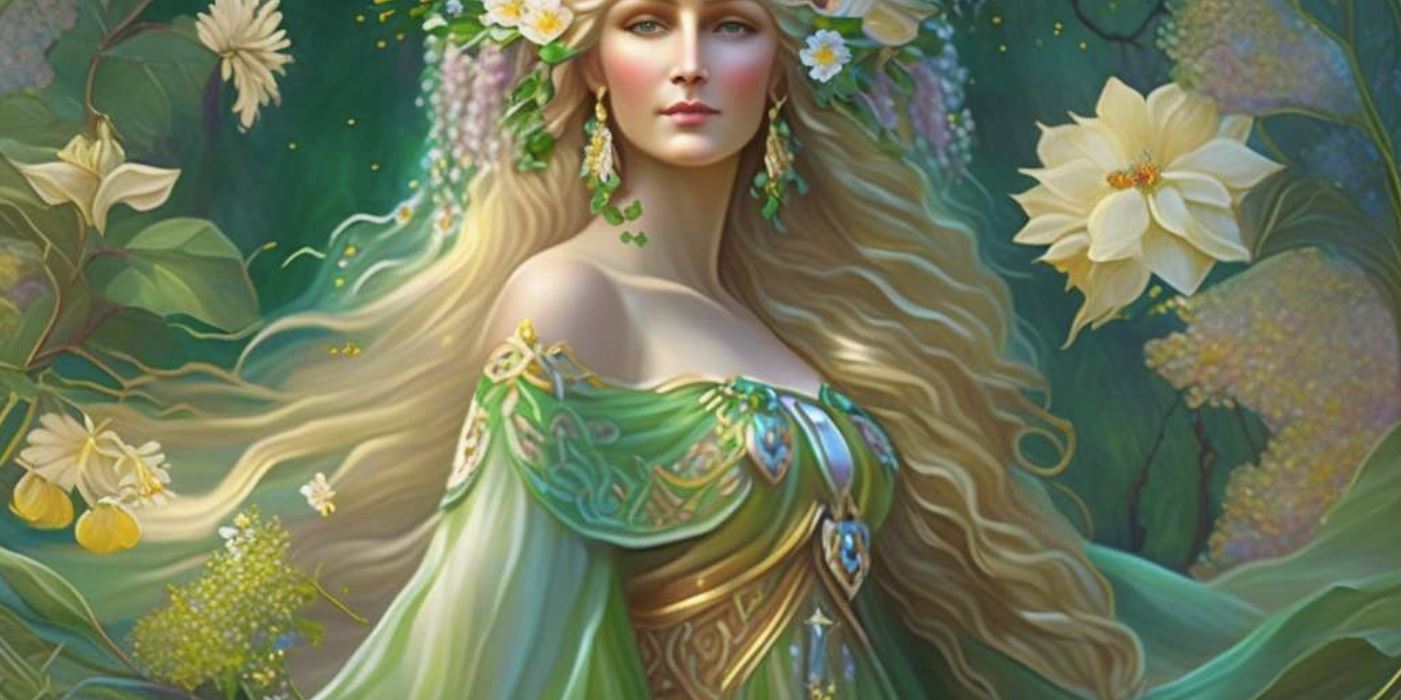
The Slavic Goddess Zhiva holds a significant place in mythology, with her origins rooted in ancient history. This article explores Zhiva’s roles, symbolism, and connections to other deities in the Slavic pantheon.
We also delve into her appearance and how she is depicted in art. Discover the rituals and worship associated with Zhiva, including festivals celebrated in her honor. Explore Zhiva’s association with life, rebirth, and the renewal of souls.
Finally, we analyze Zhiva’s similarities to other Slavic goddesses and her enduring legacy in modern Slavic culture.
The Slavic Goddess Zhiva: Exploring Her Mythological Significance
The Slavic Goddess Zhiva holds great significance in the mythological tapestry of the region.
This section delves into the deep roots and historical origins of Zhiva, shedding light on her distinctive place in Slavic mythology.
Origins and History of Zhiva
The origins of Zhiva trace back to ancient Slavic cultures, where she emerged as a revered deity associated with life, fertility, and the natural world. Through the ages, her worship evolved, adapting to various regional and cultural nuances.
Understanding the historical context surrounding Zhiva provides valuable insights into her mythological development.
Roles and Symbolism of Zhiva in Slavic Mythology
Zhiva embodies a multitude of roles and symbolic representations within Slavic mythology. Known as the goddess of life, she presides over the cycle of birth, growth, and renewal. Additionally, Zhiva symbolizes fertility, abundance, and the nurturing aspects of nature.
Her depiction often intertwines with mythical creatures, celestial bodies, and natural elements, underscoring her connection to the divine and the earthly realm.
Green, representing fertility and growth, is another significant color associated with Zhiva, emphasizing her connection with the earth and the emergence of life.
These colors, when used in rituals and artistic representations, further enhance the spiritual significance of Zhiva and evoke a sense of renewal and vitality.
Artistic Representations and Icons of Zhiva
Throughout history, artists have sought to capture the essence of Zhiva in various forms of artistic expression.
Sculptures carved in her honor embody her grace and serve as tangible reminders of her power. These artistic representations and icons provide a visual medium through which individuals can connect with the spiritual energy embodied by Zhiva.
Understanding these visuals aids in comprehending the encompassing power and significance of the Slavic goddess of life.
Honoring the Slavic Goddess Zhiva entails a rich tapestry of worship, traditions, and beliefs that have been passed down through generations. This section delves into the various aspects of Zhiva’s cult and the rituals associated with her veneration.
Festivals and Celebrations in Honor of Zhiva
Example:
Traditional Practices and Beliefs Surrounding Zhiva
These encompass rituals, charms, and folk customs that are integral to maintaining a harmonious connection with Zhiva’s life-affirming energy.
- Water Blessing: It is a common belief that bathing in natural bodies of water, such as rivers or lakes, on auspicious days associated with Zhiva can purify and revitalize the soul.
- Crafting Zhiva’s Symbols: Followers craft intricate amulets or talismans featuring symbols associated with Zhiva to invoke her divine protection and abundance.
- Offerings of Fruits and Flowers: Devotees often present offerings of fresh fruits and vibrant flowers to Zhiva to express gratitude for the bountiful gifts of life and fertility she bestows.
Through these cherished rituals, festivals, and traditional practices, the followers of Zhiva express their adoration for the goddess and seek her favor and blessings in their lives.
Within Slavic mythology, Zhiva is revered as the embodiment of life and the nurturing force that sustains it. Her significance as the Mother Goddess of Life is deeply ingrained in the Slavic traditions and beliefs.
Zhiva as the Mother Goddess of Life
Zhiva’s role as the Mother Goddess of Life is central to the Slavic worldview. She is perceived as the giver and sustainer of life, responsible for the abundant fertility of the land and the prosperity of the people.
In this aspect, Zhiva is associated with motherhood, creation, and the cycles of birth and growth.
Many ancient rituals and ceremonies were dedicated to honoring Zhiva as the divine source of life.
These ceremonies sought to ensure her blessings for bountiful harvests, successful pregnancies, and the overall well-being of the community.
Zhiva’s Association with Water and Vitality
Water holds great significance in the realm of Zhiva, symbolizing vitality, purity, and the source of life itself. As the embodiment of life force, Zhiva is closely linked to rivers, lakes, and springs, which are believed to be her sacred domains.
People would often gather at these water sources to perform rituals and seek Zhiva’s blessings for vitality and rejuvenation. It was believed that bathing or drinking from these sacred waters would cleanse and revitalize their spirits, connecting them with Zhiva’s life-giving energy.
Beliefs in Zhiva’s Role in the Renewal of Souls
In Slavic mythology, it is believed that upon death, souls embark on a journey of transformation and renewal. Zhiva plays a crucial role in this process, overseeing the rebirth and rejuvenation of souls in the afterlife.
According to traditions, the souls are guided by Zhiva through the otherworldly realms, shedding their past experiences and preparing for new beginnings. She is seen as the compassionate guide who ensures the continuity of life through this cyclical process of soul renewal.
These beliefs in the renewal of souls through Zhiva’s guidance and nurturing presence demonstrate the profound connection between life, rebirth, and the eternal cycle of existence within Slavic mythology. As we delve deeper into the mysteries and symbolism surrounding Zhiva, we uncover a profound reverence for the concepts of life, renewal, and the eternal cycle that governs all existence.
Zhiva’s enduring presence in Slavic culture continues to inspire awe and devotion, reminding us of the intrinsic connection between humanity and the forces that sustain us.
Comparative Analysis: Zhiva in Slavic Mythology
Zhiva and Her Similarities to Other Slavic Goddesses
One intriguing aspect of Zhiva in Slavic mythology is the striking resemblances she shares with other revered Slavic goddesses.
While each goddess may have unique attributes, there are common threads that weave together their stories and roles within the pantheon. One notable similarity is between Zhiva and Lada, another prominent Slavic deity associated with beauty, love, and abundance.
Both goddesses embody feminine energy and play vital roles in the fertility of the land and its inhabitants. Their interconnectedness showcases the intricate web of relationships among the deities in Slavic mythology.
In addition, Zhiva shares certain traits with Mokosh, the goddess of earth and fertility. Both goddesses are depicted as nurturing figures, playing primary roles in the cycles of life and renewal.
Their influence extends beyond mere fertility, encompassing the protection and well-being of their worshippers.
Zhiva’s Role in Different Slavic Traditions
As Slavic mythology evolved across different regions, Zhiva’s role underwent variations reflecting the diverse cultures and traditions. In some Slavic traditions, she is associated with the protector of women and children, emphasizing her nurturing and compassionate nature.
In other traditions, Zhiva is revered as the guardian of the natural world. She is believed to hold immense power over the elements, ensuring the balance and harmony of nature. In this role, she represents the interconnectedness of all living beings with the environment.
Furthermore, Zhiva is often revered as a protector of the home and family. She is invoked during important life events such as childbirth and marriage, symbolizing the importance of her presence in the significant milestones of human life.
The Legacy of Zhiva in Modern Slavic Culture
Even in modern times, the legacy of Zhiva continues to reverberate within Slavic culture. Many Slavic communities hold festivals and events dedicated to Zhiva, aiming to preserve the traditions and customs associated with her worship.
Her symbolism and image can be seen incorporated into various forms of art, crafts, and jewelry, reinforcing her significance as a cultural icon. The continuity of her representation in these mediums signifies the enduring reverence and connection that Slavic people maintain with their mythological heritage.
Moreover, Zhiva’s presence in contemporary Slavic spirituality echoes the importance of embracing and honoring the divine feminine. As society evolves, the essence of Zhiva serves as a reminder to cherish and protect life, foster harmony with nature, and value the interconnectedness of all beings.
Overall, the comparative analysis of Zhiva in Slavic mythology reveals the interconnectedness of deities within the pantheon, showcases her varying roles across different Slavic traditions, and highlights her enduring legacy in modern Slavic culture.
………..

